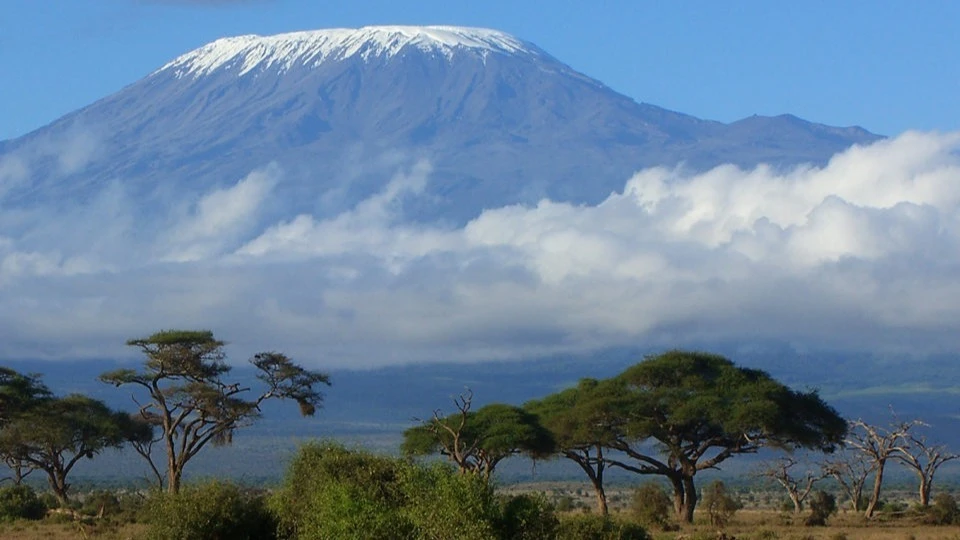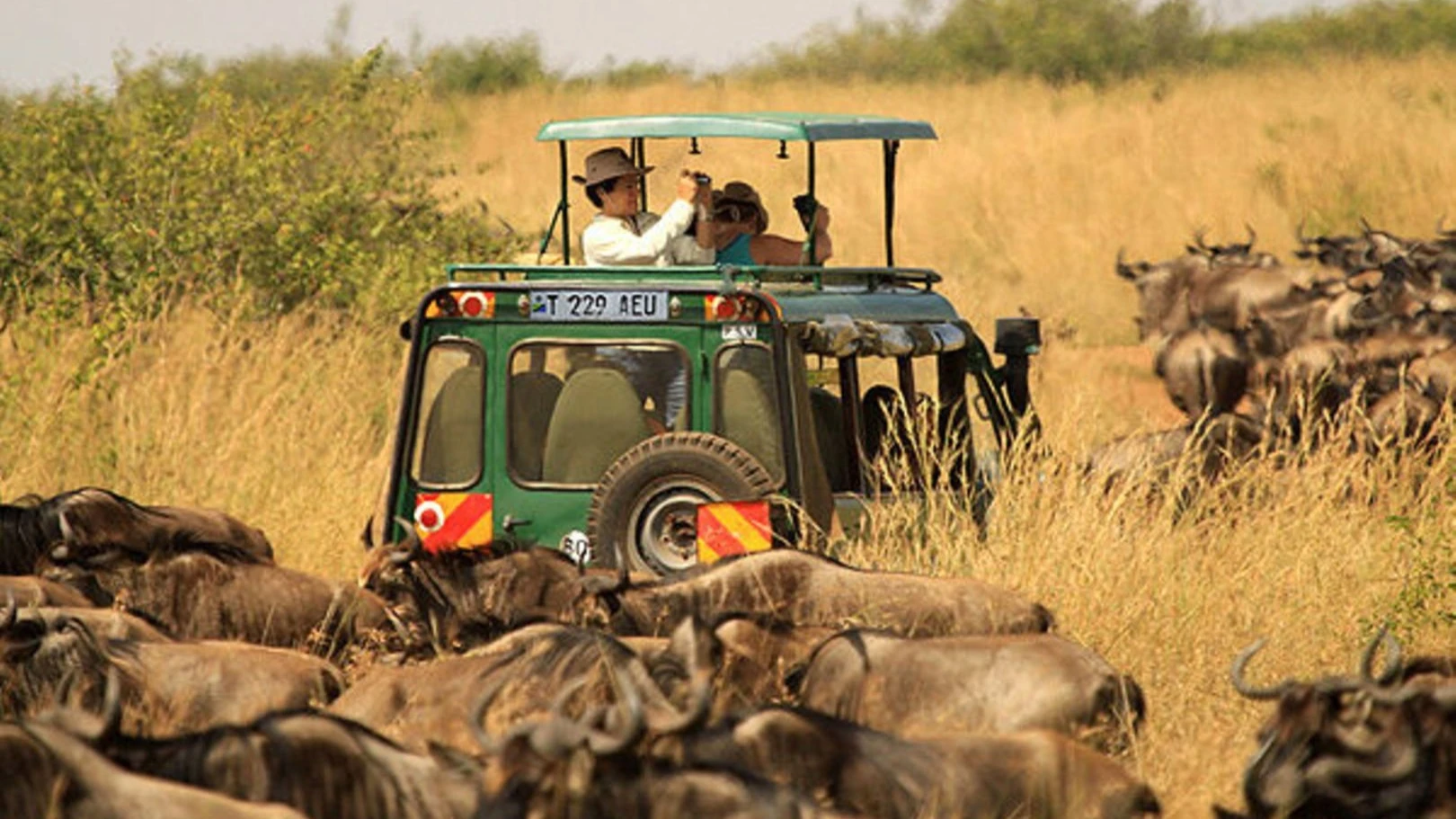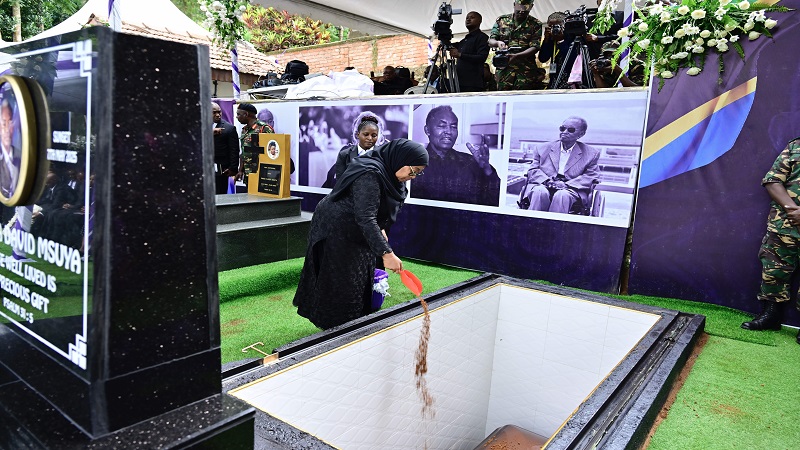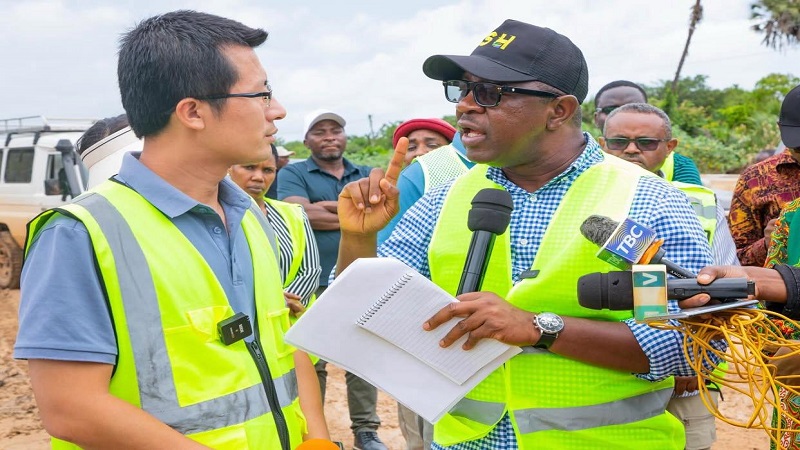Tanzania Forest Fund injects 4.1bn/-to boost conservation efforts, beekeeping
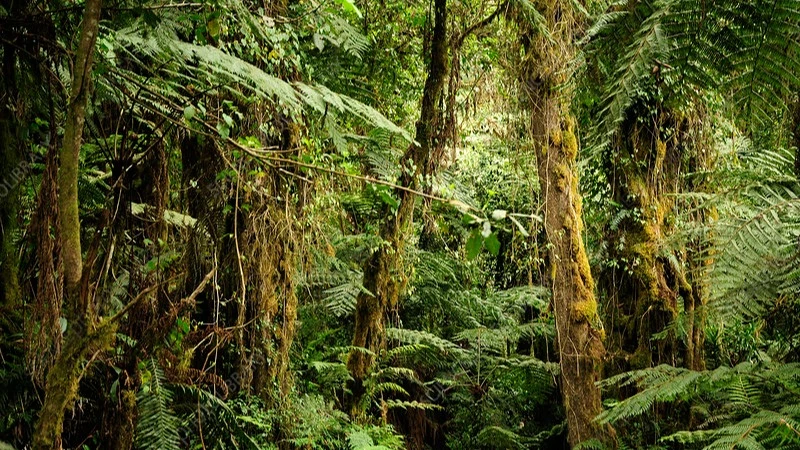
TANZANIA Forest Fund (TaFF) has disbursed a total of 4.1bn/- over the past four years to strengthen management and development of the country’s forestry and beekeeping. The funding has supported implementation of 296 conservation projects across various forest reserves in the country.
The projects are part of broader efforts by the Tanzania Forest Service (TFS) to improve forest monitoring, promote sustainable use of natural resources and create economic opportunities for surrounding communities.
Prof. Dosantos Silayo, TFS Conservation Commissioner, said this here yesterday, noting that the funds were strategically invested in both infrastructure and community support programmes.
Among the key achievements, he noted the acquisition of 113 vehicles and 164 motorcycles to enhance forest patrols and security. “The facilities have significantly improved our ability to monitor forests and enforce protection laws, especially in remote and vulnerable areas,” he said.
He said TFS has also scaled up nationwide tree-planting initiatives to support reforestation and environmental restoration. A total of 81.8 tonnes of tree seeds were distributed to various forest areas, resulting in the planting of 129.8m/- seedlings across 25 government tree estates. Additional seedlings were distributed to schools, private entities, individuals and NGOs.
Prof. Silayo emphasized that alongside forestry, the government has invested in the growth of beekeeping. A special strategy dubbed ‘Achia Shoka, Kamata Mzinga’ (Put Down the Axe, Pick Up the Hive) was launched to encourage greater participation—particularly among youth and women—in beekeeping activities.
“This strategy has laid the foundation for a more inclusive beekeeping subsector, attracting a new generation of entrepreneurs,” he said. Building on the strategy’s success, TFS is preparing to launch a broader initiative called Build Better Today through Apiculture Practice (BBT-AP), aimed at creating sustainable livelihoods through honey production. The programme will offer training, equipment and market access to young and aspiring beekeepers.
TFS also upgraded the status of 10 key forest reserves, covering a combined area of 483,893 hectares. They are Itulu Hills (403,625 ha), Pindiro (8,965 ha), Pugu–Kazimzumbwi (7,297 ha), Uzigua (27,655 ha), Essimingori (5,694 ha), Uvinza (1,797 ha), East Matogoro (3,533 ha), Hasama Hills (3,816 ha), Vikindu (1,668 ha) and Kimboza (385 ha).
“These upgrades reflect our commitment to increasing forest protection and biodiversity conservation in line with national and global environmental targets,” he said.
To support local communities living near forest reserves, TFS distributed 29.4 million tree seedlings valued at 11.4bn/-, aiming to reduce dependency on natural forest resources and promote community-based forestry.
Additionally, 1,540 modern beehives worth 185m/- were provided to households surrounding forest reserves, helping boost household incomes while promoting conservation through alternative livelihoods. “These efforts reflect a long-term commitment to inclusive, sustainable forest and ecosystem management,” he said.
Top Headlines
© 2025 IPPMEDIA.COM. ALL RIGHTS RESERVED









